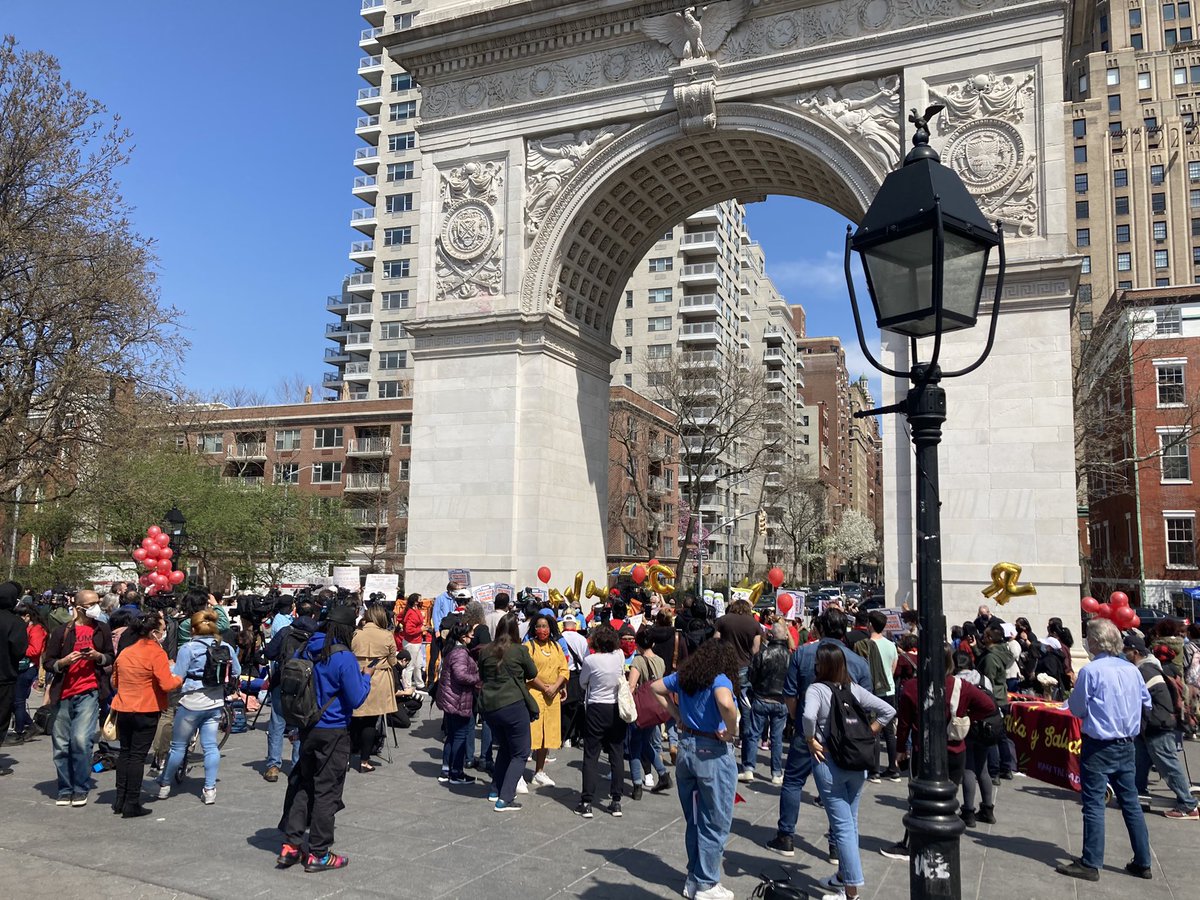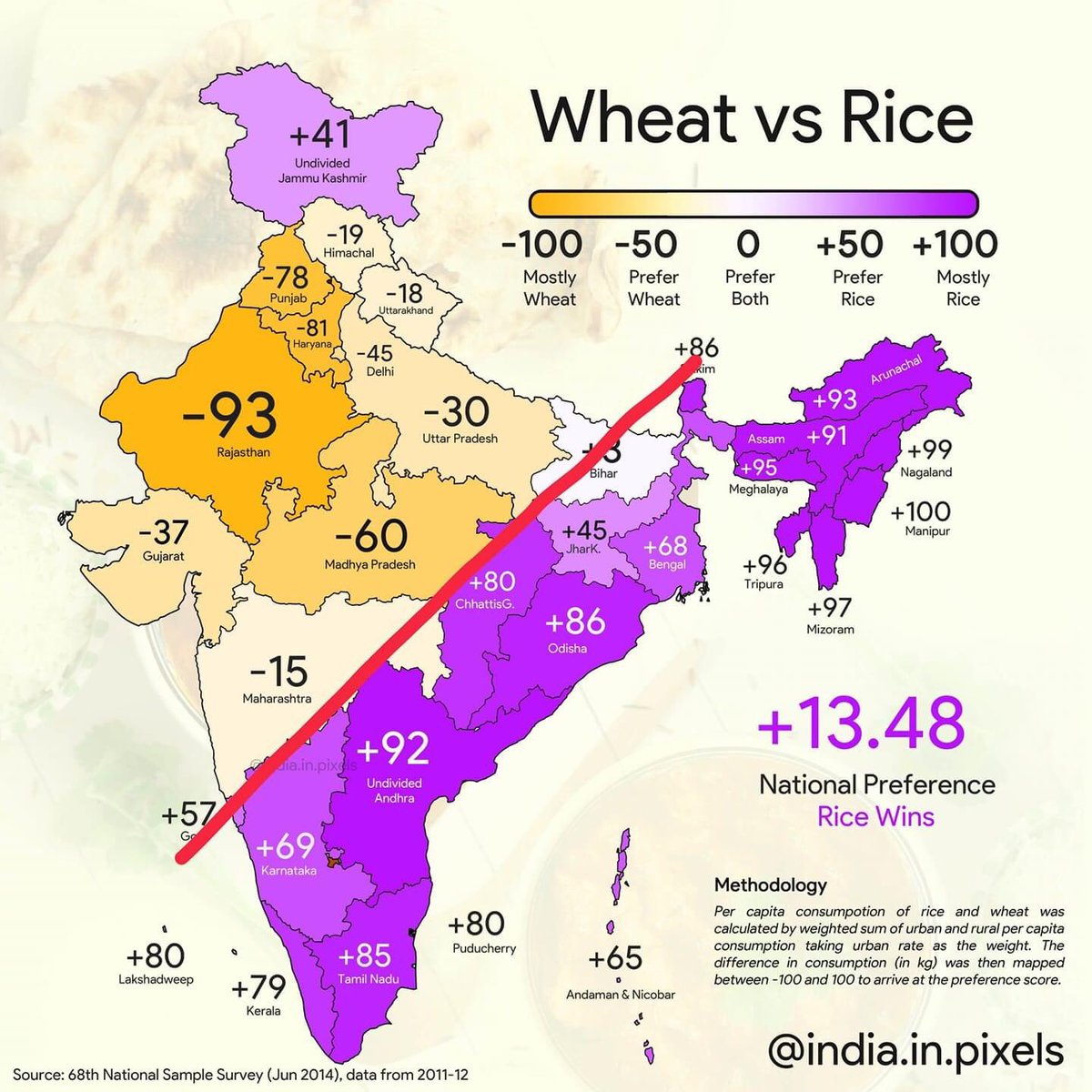
Celebrating new NYS law to aid #FundExcludedWorkers! Progressive, pro-working people alliance strengthening in NY. Second major victory after Intro 1116 B passed NYC Council . maketheroadny.org/wp-content/upl… 







Many (if not most) food system workers, from the farm, restaurant kitchen, to the street vendor, are undocumented. So this is crucial because federal aid often cannot be allocated to them.
• • •
Missing some Tweet in this thread? You can try to
force a refresh




